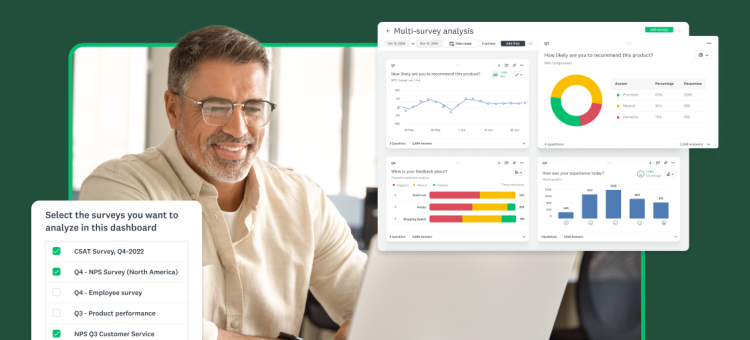Corporate values define a company’s culture. As the guiding principles that help every employee prioritize and make decisions, our values highlight what really matters to our business. In order to do that, they have to feel relevant to the entire team.
Over the past few years, SurveyMonkey has doubled in size and welcomed two new companies to our Troop—Usabilla and GetFeedback—each bringing its own culture and values. With a healthy infusion of new troop members, multiple new office locations around the world and new cultural influences to consider, we decided this was the time to take a fresh look at our values to create a single unified set that both inspires and reflects the SurveyMonkey that we are today.
After in-depth research, analysis and discussion (more on that below), here are our refreshed values (the values that reflect what matters most).

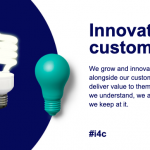
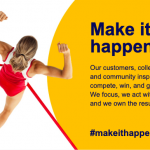
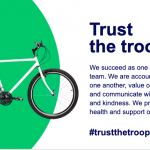

How we developed our new values
As it turns out, identifying a single source of truth for everyone who interacts with your business is complicated. Values need to be inspirational, but also authentic. They need to be a reflection of all the different groups your company cares about—be they employees, customers, shareholders, or the communities you serve.
As Chief People Officer, I worked closely with our CMO, Leela Srinivasan, and our CEO, Zander Lurie, to make sure that each of those stakeholder groups was fairly represented in the end product.
We truly believe that a great company culture comes from asking for feedback and acting on it. SurveyMonkey’s new values are the result of an employee-wide survey with over 700 responses, months of conversations with various teams and leadership, and even a discussion with our board of directors. We gathered input from people at each of our new acquisitions and leaders from every department, and our DEI leaders to make sure that all internal groups were represented.
It was important to us that we strike a good balance between values that reflect our culture and values that drive results. After all, you can’t have one without the other: our own research shows that an emphasis on customer centricity makes jobs more meaningful, and that truly excellent work can only come from employees who feel like they belong.
As we revised our values, we paid special attention to Diversity, Equity, and Inclusion. DE&I has always been deeply important to us, but our previous set of values didn’t explicitly address that organizational priority, and our employee-wide survey results surfaced that gap.
In 2019, we published our first public diversity goals, which include having 22% of our workforce be underrepresented minorities and 48% identify as female (with 4% reserved for non-binary individuals) by 2024. Over the past few years, we’ve taken an increasingly strong stance toward promoting equality and holding ourselves accountable for positive change.
Our new value, “stand for equality”, reflects that direct, unhesitating commitment to building a more equitable business world.
A history of SurveyMonkey’s corporate values
SurveyMonkey’s values have changed several times over the years—each time at a major inflection point for our company. While a few of our values have remained somewhat consistent (innovation and trust are close to our hearts), others have shifted over time.
Below are our values from 2010-2014, when Dave Goldberg took over the company. The emphasis was on a culture of transparency and growth, and innovation for our customers. They’re a good reflection of the startup we were at the time and how we set the tone for the company we are today.
Our “make it happen”, “innovate for customers”, and “trust the Troop” values mirror some of these sentiments.
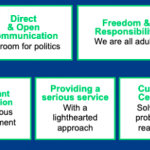
In 2014, we decided to simplify and streamline. We wanted them to be more memorable and to emphasize our investment in our troop/employees.
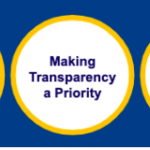
When we tragically lost Dave in 2015, we had to come together as a company to both cope with his loss and keep the business on track. When Zander joined in 2016, he helped us refine our values in a way that both paid homage to Dave’s legacy and defined his vision for SurveyMonkey.
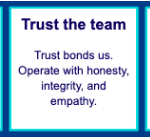
Our most recent evolution takes these concepts and makes them a little more tangible. The differences aren’t radical, but they’re closer to how we currently operate.
As our CMO Leela put it, “Our new values represent an evolution, not a revolution.” SurveyMonkey’s values will continue to adapt as our company grows, because successful businesses aren’t stagnant—and their values shouldn’t be, either. Every company should consider its values as important as its business strategy, and every company should make a practice of listening. As we add new faces in the U.S. and abroad, we’ll keep revisiting our values and making sure that they resonate.
Do these values speak to you?
Check out our careers page for all our open roles.


